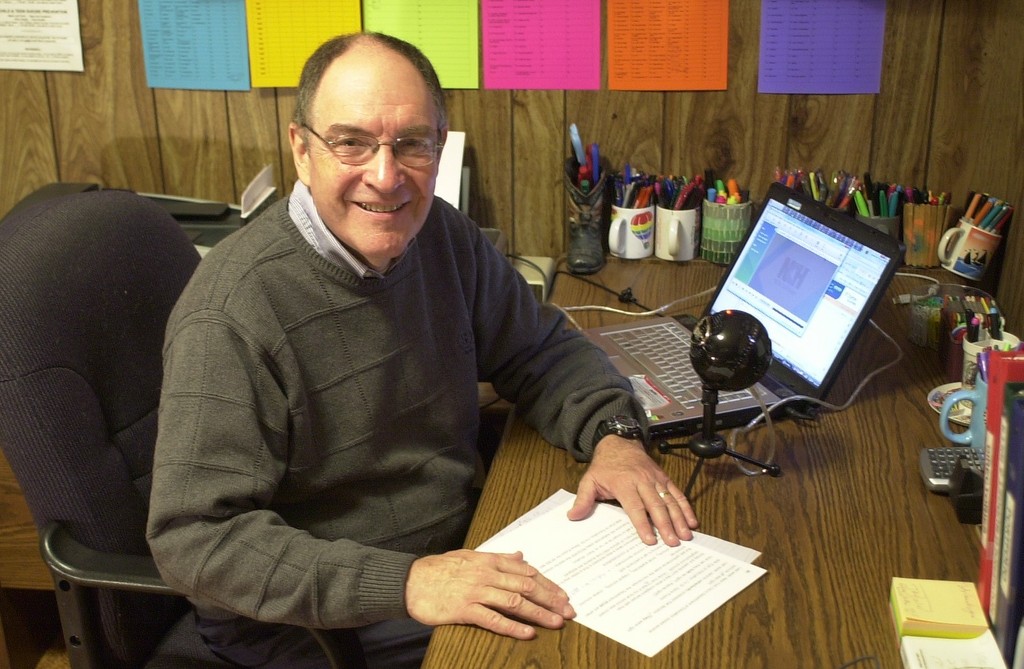From Cornell to CBS News
Herald education columnist becomes on-air talent for radio broadcast
On April 19, 1969, members of Cornell University’s Afro-American Society occupied Willard Straight Hall on the Ithaca campus to protest a litany of perceived racial injustices after a cross was burned outside Wari House, a cooperative for African-American female students. During the occupation, AAS members smuggled in rifles and bandoliers of ammunition.
It was Parents Weekend, an annual tradition at Cornell. Rooming at the hall that weekend was Lou Kussin, father of Herald education columnist Dr. Steve Kussin, who was a Cornell senior at the time.
Lou Kussin was among two dozen parents who the Afro-American Society detained at “the Straight.” With the media descending on Cornell, the younger Kussin was suddenly thrust into the national spotlight as the threat of armed conflict echoed across one of the country’s most prestigious universities.
Lou Kussin was released by the AAS hours after the occupation began, and the takeover ended peacefully on April 20, with university officials committing to admit more African-American students to the school. University officials did not punish the AAS members who organized the occupation.
It was a defining moment for Cornell –– and for Steve Kussin. “I had really seen it all in April of 1969,” he said in a recent interview.
When Kussin graduated and returned home to the Flatbush section of Brooklyn that summer, he applied to CBS for a job, hoping to break into the news business. Producers there recognized his name from the Cornell takeover and hired him as a desk assistant at CBS News Radio for $80 a week.
“To me, it seemed like a million dollars,” said Kussin, who is now 62.
Kussin left CBS News Radio not long afterward to pursue a master’s in broadcasting at Brooklyn College. Beginning in the early 1970s, Kussin taught English in New York City before becoming a school administrator, both in the city and on Long Island. He earned a doctorate in educational administration from New York University. In 2004, after more than three decades in education, he retired as principal of Lawrence High School.






